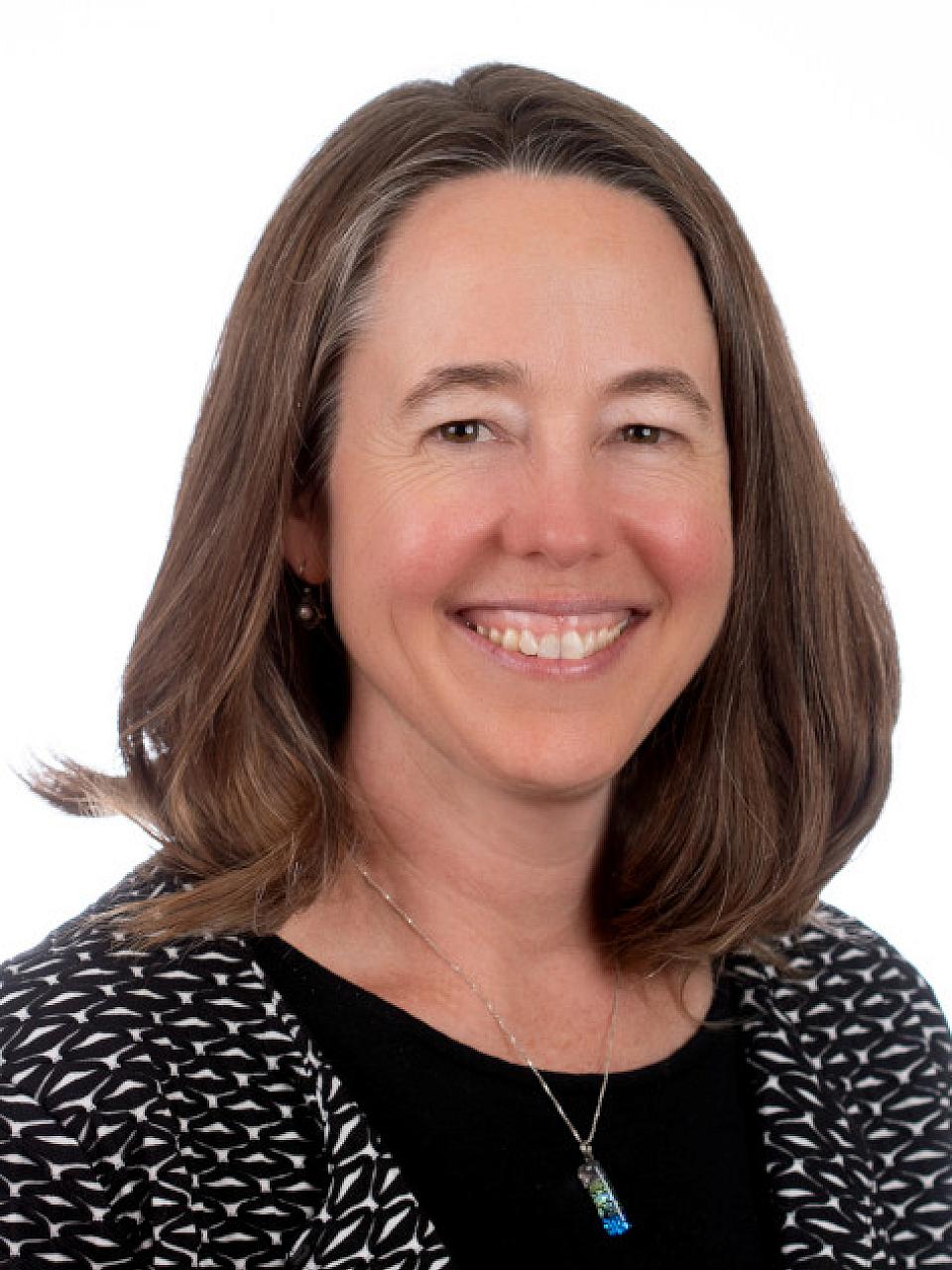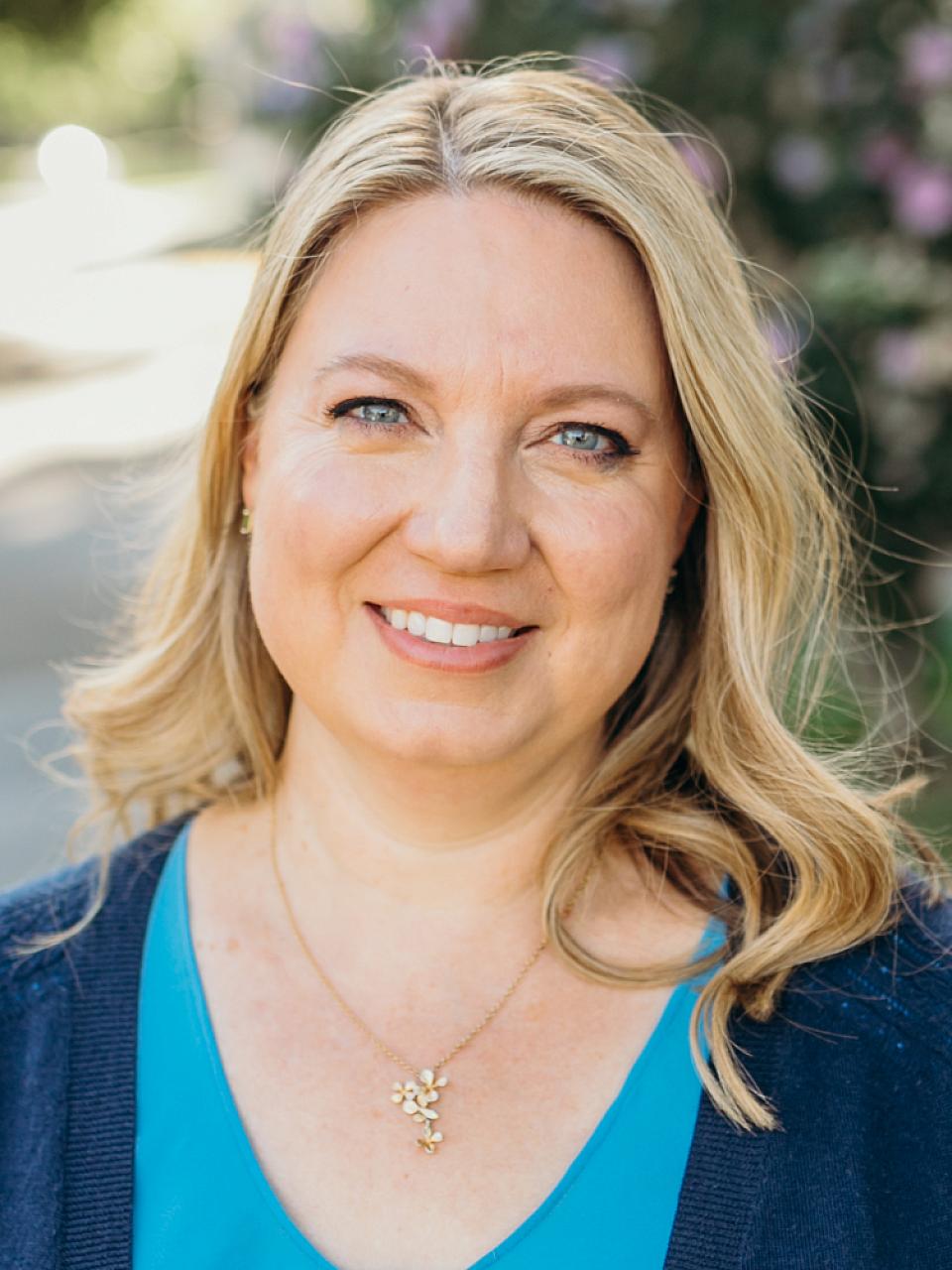Voices of U of U Health
Your Voice Matters: How Survey Feedback Leads to a Better U
By Amy Locke, MD, FAAFP, and Christian Sherwood, MA
When we share our voices, we are helping to make University of Utah Health the best it can be. Every staff and faculty member has a chance to make their voice heard in the Better U Survey. Look for a personalized email on Oct. 15 inviting you to take the Fall 2025 survey.
Taking Better U to the Next Level
The annual Better U Survey provides a snapshot of engagement, belonging, and well-being across the system. It measures the drivers for each of these and asks what local leaders can do to make the university a great place to work.
We partner with Qualtrics to compare our survey data against other academic health centers. This year, for the first time, the Better U Survey is expanding beyond health sciences to include our entire university community. Combining efforts into a single university-wide survey means we’re all using the same tool to create a better work environment.

Better U Insights for Leaders
A survey, by itself, doesn’t do much. It is what leaders and teams do with the data that makes the difference.
Leaders use Better U data to understand the strengths of their teams—and the challenges they face. They can see what’s working and where more support is needed. Every team tends to have their own unique needs.
The Qualtrics tool provides specific suggestions based on the strongest drivers for that team. We recommend that leaders review the data with their teams and then dig deeper into the details. Support for leaders and teams is available on the Better U page of our SharePoint intranet. Including guides on how to understand data, how to have an effective conversation, and how to start taking action.
Better U is a Team Effort
The Better U team includes Human Resources, the Office of Faculty, and the Resiliency Center. These groups work together to provide coordinated post-survey support for leaders and teams.
Together, we’re learning how to change the work environment to make U of U Health a better place for teams to show up every day.
For some teams, that means addressing how we staff clinics or how we design work. For others, it might be grant writing support or creating flexible schedules.
Teams also have the ability to identify barriers to work that only senior leaders can address. We are developing ways to methodically act on these at the senior leader level.

Turning Feedback into Action
In response to recent Better U findings, senior leaders implemented the following interventions:
-
Town Halls: Survey results revealed faculty and staff wanted more clarity on the future vision for U of U Health. That led to a series of well-attended town halls where system leaders discussed steps were taking to become an interconnected, high-performing system.
-
AI Dictation Tools: Survey feedback led to improvements in clinical efficiency projects, like making AI note-writing software more accessible. This lets clinicians spend more time with patients and less time transcribing and typing.
-
Factoring in Patient Experience and Academic Success: We launched a project that looks at how Better U data compares with patient experience and academic success. Many teams shared projects at the annual "Joy in Work" poster fair.
Better U Success Stories
Care Navigation

At Care Navigation, feedback is viewed as a gift. Better U is one of the formal ways the invite staff voices into decision-making, but their culture reinforces listening year-round. They intentionally work to ensure every employee feels their perspective matters—whether through the survey, anonymous channels, or daily conversations.
This approach has resulted in consistently high Better U participation, with 90% (248 of 257 staff) or more of their staff contributing to each cycle. Care Navigation leaders viewed this as a sign of trust and a responsibility to respond. To honor that, leaders are expected to read every survey comment—preferably in one sitting—so individual voices don’t get lost in the numbers and broader themes become clear.
From there, they identify one to three priorities for focused action. This focus keeps leaders from getting overwhelmed and helps them act on the most frequently raised issues. Even for issues without immediate solutions, they still respond—so staff know they’ve been heard and understand what steps can be taken now.
By using Better U comments this way, Care Navigation has turned feedback into meaningful outcomes. These include team-building opportunities, expanded career growth pathways, greater scheduling flexibility, sustained wellness initiatives, better resources to support daily work, targeted improvements in communication, and knowing when to reinforce organizational resources to address employee questions.
More than any single change, it reflects a culture where feedback is valued, action is visible, and every voice helps shape the future.
Revenue Cycle Support Services

Revenue Cycle Support Services has invested significant time delving into its Better U survey data. They use this feedback as a catalyst for ongoing improvement and team development. The Payment Integrity and Resolution team, in particular, embraced the Better U Survey as a strategic guide for how they lead, support, and grow together.
Using the Better U dashboard, the Payment Integrity and Resolution team involved their team in interactive feedback utilizing the survey's brainstorming tool and brought that data into open, honest conversations during their monthly meetings. They asked team members what matters most to them, collaborated on areas for improvement, and built action plans around those priorities.
Every month, they revisited those plans, tracked their progress, and made adjustments to ensure their actions aligned with their intentions. Between Fall 2024 and Spring 2025, a team-wide commitment to making the workplace better led to a nearly 14-point average increase across every category of the survey.
A big focus for the Payment Integrity and Resolution team is helping everyone feel connected to something bigger. They have worked to bring that sense of purpose into their meetings, conversations, and daily interactions.
What to Expect Next
The Fall 2025 Better U Survey is open Oct. 15 - Nov. 2. Everyone is encouraged to participate. The survey only takes about 10-15 minutes to complete and it’s confidential.
Progress takes all of us. Every survey submitted moves us that much closer to becoming the thriving, high-functioning workplace we want to be. Make sure your voice is included.

